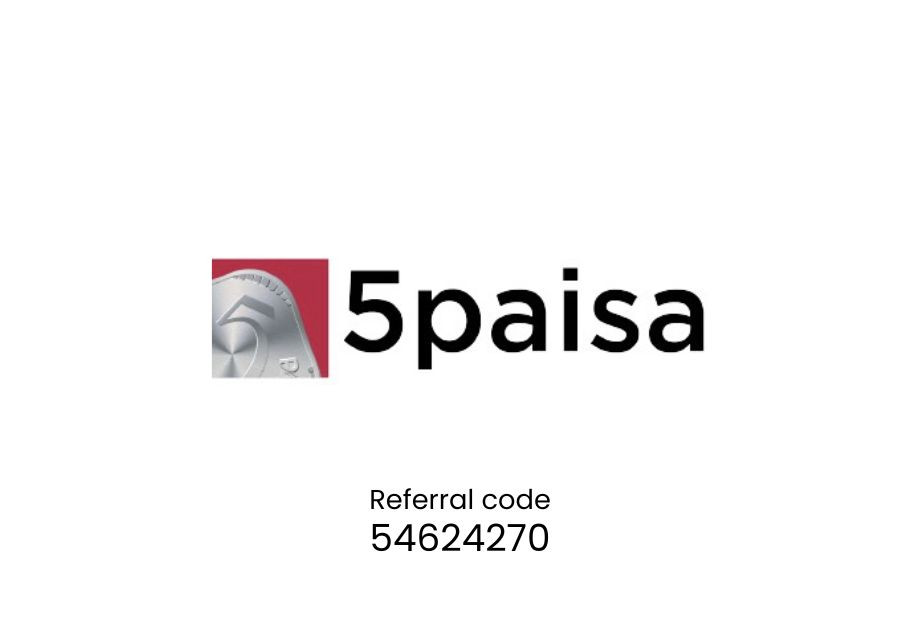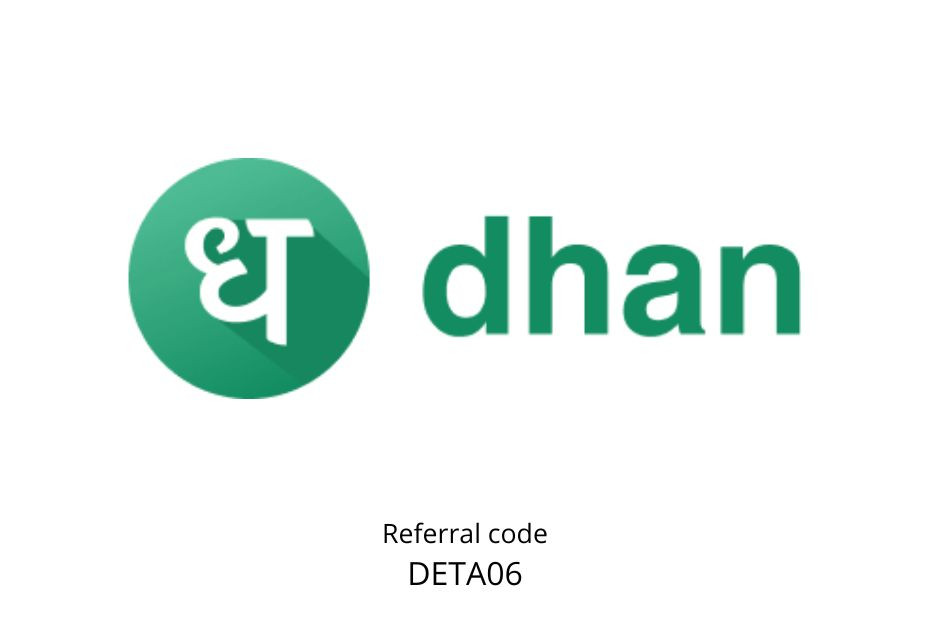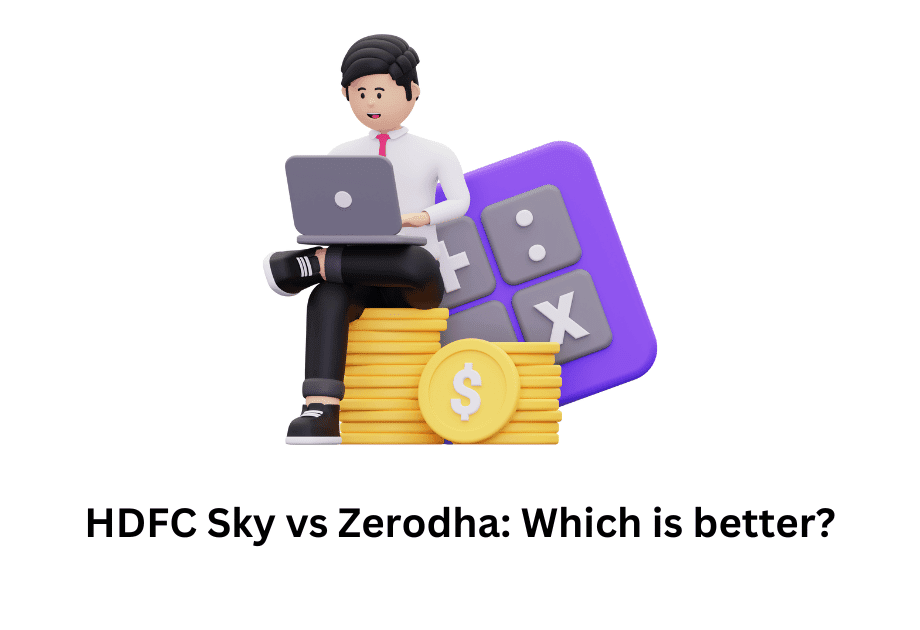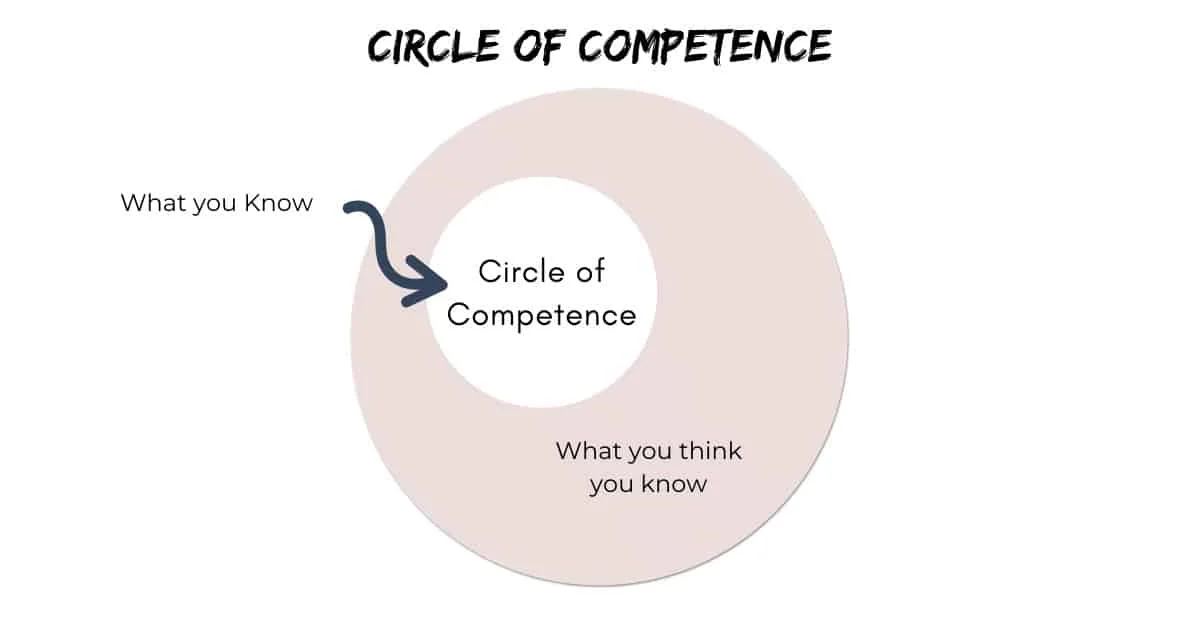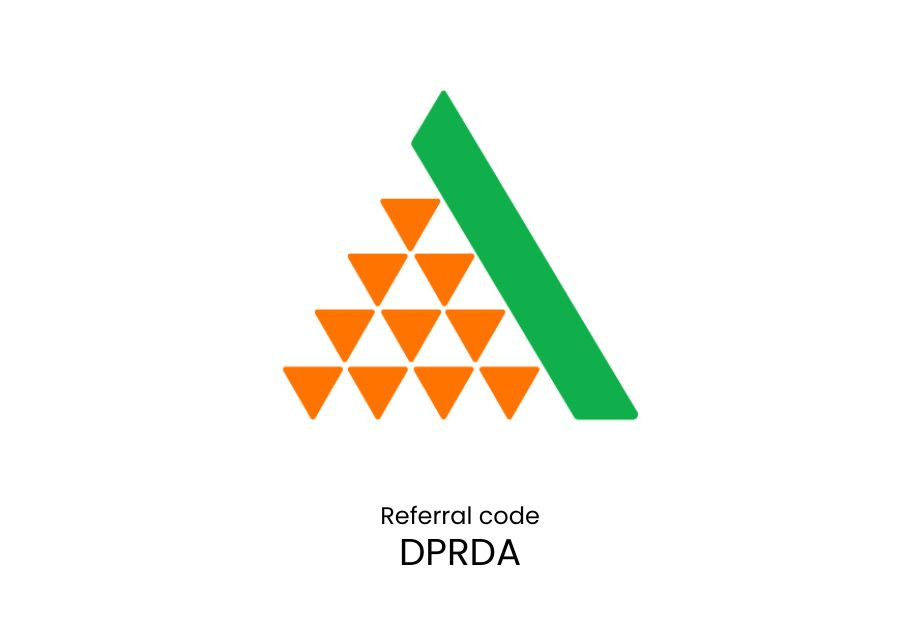Need to start trading in the stock market but are in college? To begin, you will need to open a Demat account if the answer is yes. There is a sort of account known as a Demat account that gives you the ability to store your shares and other assets in an electronic format rather than in physical certificates. Trade and settlement of your transactions are made simpler, more expedient, and more secure as a result of this.
But if you are a student, how do you go about opening a Demat account? When it comes to investing in the stock market at a young age, what are the advantages and disadvantages of doing so? With the purpose of assisting you in comprehending the fundamentals of a Demat account for college students, we will provide answers to these questions and more in this blog article.
Eligibility Criteria for Opening a Demat Account
In order to create a Demat account, the first thing you need to do is determine whether or not you match the requirements for it. To create a Demat account in India, the following are the primary prerequisites that must be met:
- It is required that you be at least 18 years old. It is still possible to create a Demat account if you are under the age of 18, but you will need the assistance of your parent or guardian, who will serve as your nominee.
- You need to be a citizen of India. In the event that you are a non-resident Indian (NRI), you have the ability to register a different kind of demat account, such as a repatriable or non-repatriable demat account, based on your current tax situation and the objectives you want to achieve with your investments.
- You need to have a valid PAN card. Due to the fact that it acts as both a proof of identity and a tax identification number, this is required in order to create any kind of bank account in India.
- You need to show proof of where you live, like an Aadhaar card, passport, driver’s license, food card, or something else. This is done to make sure you live in the country listed and to stop scams and money laundering.
- Proof of your income or net worth is required, and this might be in the form of bank statements, income tax returns, salary slips, or other documents. This is done in order to evaluate your risk profile and determine whether or not you are suitable for investing in various kinds of assets.
Also read: Which is better Groww or Upstox
How to Open a Demat Account as a Student
To start a Demat account as a student, you can do the following once you have all the papers you need:
- Pick a Depository Participant (DP): A DP acts as a go-between for you and India’s national depositories, which are called CDSL and NSDL. A DP can be a bank, a trading company, or an online service that helps people set up Demat accounts. Before you choose a DP that meets your wants and tastes, you can look at their prices and features side by side.
- Fill out the form to start an account: You can fill out the form with your personal and financial information either in person at the DP’s office or on their website. You will also have to pick the type of account you want to start, like a regular or basic services demat (BSDA) account, an individual or shared account, and so on.
- Send in your Know Your Customer (KYC) papers: You will need to share or send pictures of your PAN card, proof of address, proof of income, and other papers that the DP asks for. You will also have to sign an agreement with the DP that spells out the rules for setting up and using the Demat account.
- Finish the process of proof: Your information and papers will be checked by the DP with the bank. Once your account is open, you will receive a proof email or text message. You will also get a unique client ID and password that you can use to log in to your online Demat account.
Also read: Best app for buying stocks in India
Why opening a Demat account as a student is a good idea
There are many reasons why students should open a Demat account, such as:
- It teaches you about the stock market and money from a young age. By engaging in stocks, bonds, mutual funds, exchange-traded funds (ETFs), and other types of securities, you can learn how to do it right.
- It helps you reach your long-term financial goals and build a diverse portfolio. You can begin saving with small amounts and benefit from profits that grow over time. There are also a number of tax breaks and incentives for businesses in India that you can take advantage of.
- Investing can provide students with an additional source of income.
- Early start to investing: Opening a demat account in college allows students to start investing early and take advantage of the power of compounding.
- There are no fees or costs involved, so you save money. You can lower the costs of buying and selling stocks by starting a Demat account with a low-cost broker or website. You can also avoid having to pay stamp tax and handling fees or having actual papers stolen, lost, or damaged.
Also read: Compare 5Paisa vs Upstox
What it’s Like to Open a Demat Account as a Student
It can also be hard to open a Demat account as a student because:
Putting money into the stock market takes focus and time. You should have a clear plan for your investments and stick to it, even if the market goes up and down. Also, you should not make decisions based on your feelings and should fight the urge to make or lose money quickly.
- Doing study and analysis is necessary to make smart choices about investments. The latest news and trends about the stock market and the companies you invest in should always be on your mind. You should also know the pros and cons of each security and make sure your portfolio is diversified based on that knowledge.
- It means following the many rules and laws that guide the stock market. There are rules and standards that you need to follow. These come from the Securities and Exchange Board of India (SEBI), the depositories, and the DPs. This is because of the Income Tax Act. You must also pay taxes on your stock gains and earnings.
Best Demat Account for College Students in India
College students in India who are interested in investing in the stock market can choose from a variety of Demat accounts that offer low brokerage fees, easy account opening, and user-friendly interfaces. Here are some of the best Demat accounts for college students in India:
- Zerodha: Zerodha is a popular discount broker that offers a 3-in-1 account that includes a Demat account, trading account, and bank account. It has a simple and intuitive interface, low brokerage fees, and no minimum balance requirement. The account opening process is also quick and easy and can be completed online.
- Upstox: Upstox is another discount broker that offers a Demat account with zero account opening fees and low brokerage fees. It also has a user-friendly mobile app that allows you to trade on the go. The account opening process is quick and easy and can be completed online.
- Kotak Securities: Kotak Securities is a full-service broker that offers a Demat account with low account opening fees and brokerage fees. It also has a user-friendly mobile app that allows you to trade on the go. The account opening process is quick and easy and can be completed online.
- ICICI Direct: ICICI Direct is a full-service broker that offers a 3-in-1 account that includes a Demat account, trading account, and bank account. It has a user-friendly interface, research reports, and a wide range of investment options. The account opening process is quick and easy, and can be completed online
- 5paisa: 5paisa is a discount broker that offers a Demat account with zero account opening fees and low brokerage fees. It also has a user-friendly mobile app that allows you to trade on the go. The account opening process is quick and easy and can be completed online.
Table summarizing the pros and cons of each:
| Demat Account | Brokerage Charges | Account Opening Fee | Annual Maintenance Charges | Pros | Cons |
|---|---|---|---|---|---|
| Zerodha | ₹0 per equity trade, ₹20 per options trade | ₹200 | ₹0 | Zero brokerage fees, user-friendly trading platform, wide range of investment options | Limited research tools, no offline support |
| Upstox | ₹20 per equity trade, ₹30 per options trade | ₹0 | ₹150 | Low brokerage fees, good customer support | Limited research tools |
| 5paisa | ₹10 per equity trade, ₹20 per options trade | ₹0 | ₹0 | Low brokerage fees, no annual maintenance charges | Limited research tools |
| ICICI Direct | ₹20 per equity trade, ₹50 per options trade | ₹0 | ₹300 | Good research tools, wide range of investment options | Higher brokerage fees |
| Kotak Securities | ₹20 per equity trade, ₹50 per options trade | ₹0 | ₹750 | Good research tools, wide range of investment options | Higher brokerage fees |
Also read: Indmoney Vs Zerodha Charges
Conclusions
While you are still in school, opening a Demat account is a great way to start investing and reach your financial goals. To be successful in the stock market, you also need to plan ahead, do study, and be disciplined. Before you start a Demat account, you should learn the basics of both investment and Demat accounts. You should also talk to a financial advisor or other expert if you’re not sure about something.
We hope this blog post has helped you learn how to start a Demat account as a student and what the rewards are. Feel free to leave a comment below if you have any questions or thoughts. Have fun buying!
Post Disclaimer
For informational purposes only:
The information presented on this website is for informational purposes only and should not be construed as financial, legal, or professional advice. While we strive to provide accurate and up-to-date information, we cannot guarantee its completeness or accuracy. Any opinions expressed herein are solely those of the author or individual contributor and do not necessarily reflect the views of any company, organization, or other entity.
Do your own research:
Readers are encouraged to conduct their due diligence and consult with a qualified professional before making any decisions based on the information presented on this website. Trading, investing, and other financial activities involve inherent risks, and you could lose all or a portion of your capital. Past performance is not indicative of future results.



